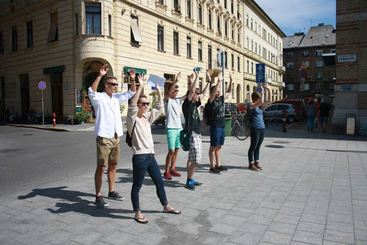 Zsidó Kultúra Napja a Magyar Zsidó Múzeum és Levéltárban 2015. szeptember 6. A Magyar Zsidó Múzeum és Levéltár ezen a napon kilép az épületből. Híd a múzeum és a budapesti zsidó kultúra között. Nézz rá a zsidónegyedre másképp: kisérleti séta a városi érdeklődés felkeltésére, színházi városnézés a zsidónegyedben. Bónuszként egész nap történetek a zsidó–magyar együttélés Budapestjéről a négyeshatos villamosán. 16:00 Kísérleti séta a zsidónegyedben – a városi érdeklődés felkeltésére Színházi játék a műemlék, a város, a szelektív figyelem és a kommunikációs csatornák megnyílásának egymáshoz való viszonyáról. Eldugott részletek a zsidónegyedben. A hivatalosan “nem érdekes” dolgokat tudományos alapossággal vizsgálva akár jól ismert helyeken is egészen új élményekhez juthatunk. A jelentkezők számára olyan eszközöket, szerepeket és helyzeteket biztosítunk, melyek lehetővé teszik számukra, hogy – kilépve a klasszikus városnézés kereteiből – meglássák a város és az épület egymáshoz való viszonyának, természetes kapcsolódásának jeleit és találkozási pontjait. Alkotók: Cserne Klára, Kliment János, Thury Gábor, Thury Lili Jegyárak: felnőtt: 1500 Ft. diák, nyugdíjas: 1000 Ft. A gyülekezés helyszíne: Dohány u. 2., a Zsinagóga előtt. Kérjük, hogy legalább félórával kezdés előtt érkezzen! A program regisztrációköteles: muzped kukac milev.hu. A regisztráció a program előtti utolsó pénteken 12:00-kor lezárul. A lakókocsiban tervezett kiállítás a zsidó istentisztelet egy központi elemének, az Amida imának a tartalmát ismerteti tárgyakkal, további interpretációk bemutatásával. Az Amida (más néven: Smone eszré, vagy tizennyolc áldás) ima része a reggeli, a délutáni, és az esti imarendnek is. Az Amida szó jelentése arra utal, hogy az imát állva, Jeruzsálem felé fordulva kell elmondani. A szöveg tizenkilenc áldásból áll, s e tizenkilenc áldás gyakorlatilag felöleli az alapvető zsidó értékeket, rajtuk keresztül bemutatható a tradicionális zsidó gondolkodásmód úgy, hogy a jól megválasztott tárgyakkal mindezt a magyarországi zsidó kultúrtörténetbe ágyazva tudjuk bemutatni. Bővebben: https://www.facebook.com/amidaexhibition
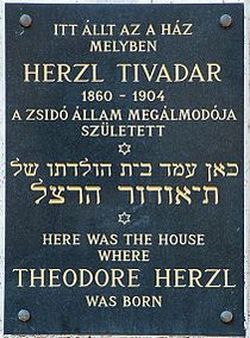 A Zsidó Múzeum épületén büszkén hirdeti a márványtábla, hogy a múzeum 1931-ben ott épült fel, ahol 1860. május 2-án megszületett a modern politikai cionizmus megteremtője, Theodor Herzl. Ennek szellemtörténeti jelentősége elvitathatatlan, fontos tényező a múzeumot létrehozó közösség emlékezetében. A történeti dokumentumokból megismerhető tények azonban picit módosíthatják ezt a képet - ami természetesen semmit sem von le a tény szimbolikus jelentőségéből, a márványtáblán is hangsúlyozott tényből - de pontosítása mégiscsak feladatunk. A közösség alapvető dokumentumait őrző levéltárban Herzl születési anyakönyvi bejegyzése is megtekinthető, ebből kiderül, hogy Theodor 1860. május 2-án született, apja Jacob Herzl, anyja Jeanatte, geborene (azaz született) Diamant. A születés helye: a pesti Tabakgasse (azaz Dohány utca) a "Fleischerlsche Haus", azaz a Fleischerék háza. Fleischerék háza a korabeli pesti számozás szerint - mely akkor még nem házaszámokat, hanem telekszámokat jelentett, a 392-es számú volt, azaz nem közvetlenül a 390-es számú "Zsidó imaház" (azaz a Dohány utcai zsinagóga) mellett állt, hanem a zsinagógától számított 2. épület volt: Ugyenez Gévay Béla 1870-ben készített fényképén: a szülőház az egyszintes, alacsonyabb élület: Bármilyen illúzióromboló is, a szülőház bizony nem a Múzeum jelenlegi helyén, hanem körülbelül a Wesselényi utcai zebra helyén állt. Amikor a fénykép készült, akkor a Herzl családnak már jobban ment, és a szűk Terézvárosból átköltöztek a Duna parti Thonet-Hofba, a Vigadó mellé, ahonnan Herzl könnyen átsétálhatott a Sütő utcába, az akkor még ott működő Evangélikus Gimnáziumba, ahol 1878-ban érettségizett.
A család kapcsolata a Dohány utcával nem szűnt meg, hiszen a 13 éves Tivadarnak a nagy zsinagógában volt a bar micvója a város egyesítésének évében, és szinté levéltári forrásaink alapján látjuk, hogy ülőhellyel is rendelkezett a férficsarnokban. A consortium of seven European archive and research institutes including Hungarian Jewish Museum and Archives received a grant from the Claims Conference for the two-year digitization project Jewish Council Archives in Europe. The project brings important – and in some cases still unexploited – archival collections on Jewish Councils and Associations from Belgium, Czech Republic, Finland, Hungary, Poland, Israel and Netherland together. This project will be carried out in close cooperation with the EHRI-project. Jewish Councils During the Second World War, Jewish Councils or Associations were established throughout Europe. They functioned as representative bodies for local, regional and national Jewish communities and, as such, were sometimes closely involved by the German occupier in the execution of the extermination policy of the Nazis. The Jewish Council Archives is one of the most important sources of information about the Jewish community life during the Second World War and contain valuable information about the day-to-day proceedings of the Holocaust. Online publications The project Jewish Council Archives in Europe not only conserves and digitizes the collections, but also improves accessibility of the collections and prepares them for online publications. By opening up these collections within local systems and through dedicated portals such as EHRI and Yerusha, new and more advanced research on the functioning of Jewish Councils in Europe will be facilitated. Eastern and Central Europe The project includes some relatively unexploited, important archives from Eastern and Central Europe. The Nazi persecution was a European-wide phenomenon. By including collections from Poland, Hungary and the Czech Republic the project Jewish Council Archives in Europe aims to stimulate research into the Holocaust in Eastern and Central Europe. Partners The project consortium consists of seven partners from seven different countries: Hungarian Jewish Archives, Jewish Historical Institute (Poland), Jewish Museum in Prague (Czech Republic), Kazerne Dossin (Belgium), National Archives of Finland, NIOD Institute for War, Holocaust and Genocide Studies (Netherlands) and Yad Vashem (Israel). NIOD will act as coordinator. The project Jewish Council Archives in Europe starts in July 2015 and will be completed in July 2017. Information about the funding organisation: In appreciation to the Conference on Jewish Material Claims Against Germany (Claims Conference) for supporting this archival project. Through recovering the assets of the victims of the Holocaust, the Claims Conference enables organizations around the world to provide education about the Shoah and to preserve the memory of those who perished.
The Jewish Museum in Budapest: Learning the World of Museums, A New Internship Opportunity4/8/2015 The Weiss-Livnat Internaional MA Program in Holocaust Studies is proud to announce a new prestigious internship opportunity at this wonderful institution that will take place this upcoming Autumn. Offered exclusively to students who study in our Master’s Degree program, two students will be awarded the opportunity to intern for 3-5 weeks at The Jewish Museum in Budapest. The students will participate in archive work and other select projects, and will have the opportunity to develop their own research. This opportunity for hands-on experience will enable our students to learn the world of museums and heritage sites in a location with such a meaningful history that connects directly to the present and future of Holocaust and Jewish studies. The Weiss-Livnat International MA Program in Holocaust Studies is pleased to cover the cost of the flight and rent for our students with the understanding that this opportunity will be an enriching experience to the future careers of ours students.
For more information: click here |
A Magyar Zsidó Múzeum és Levéltár hírei
Archives
February 2024
Categories |
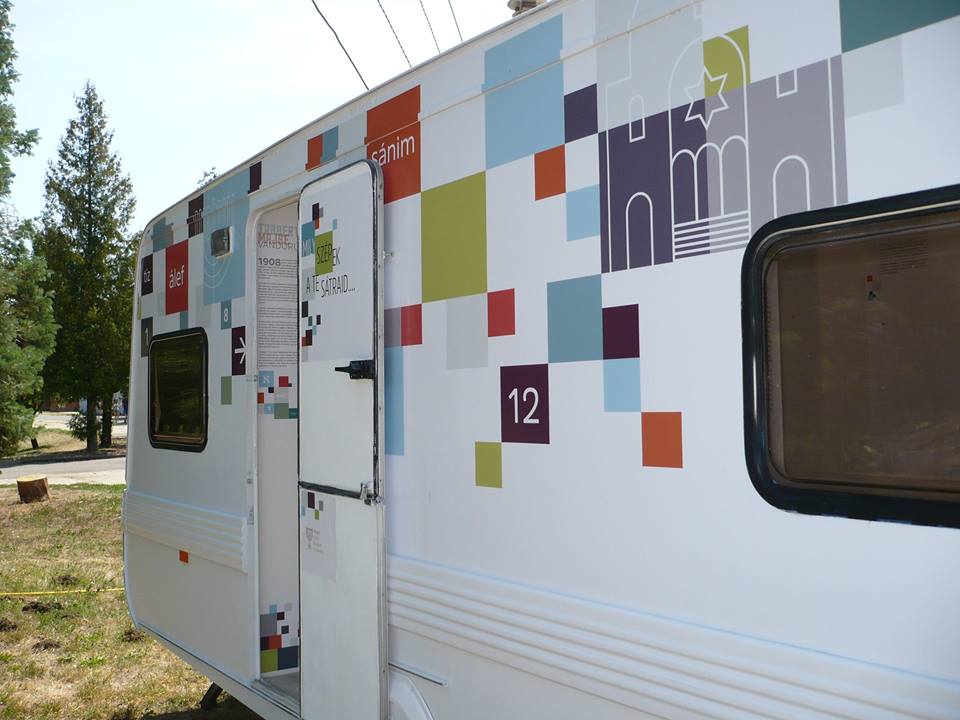
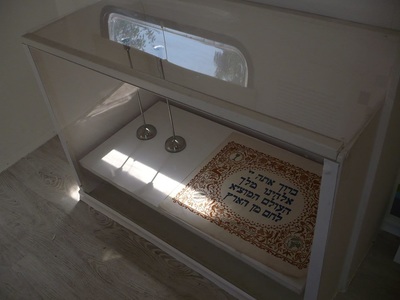
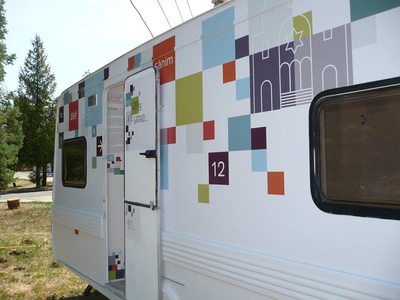
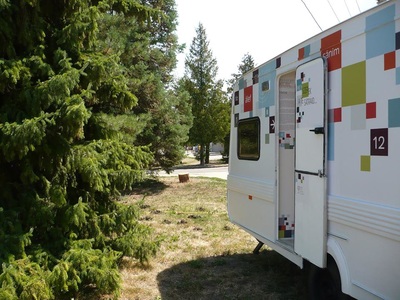
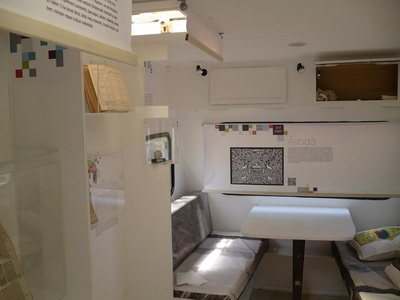
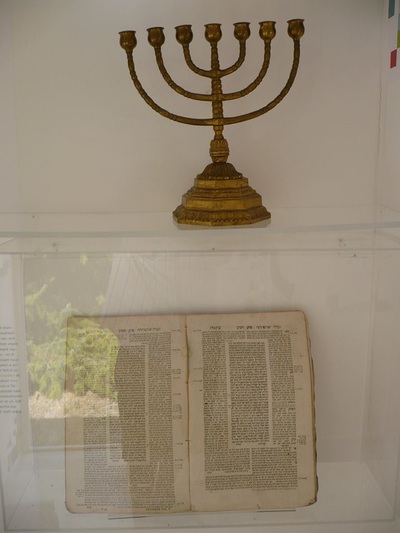
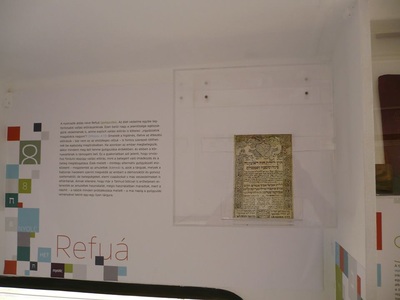
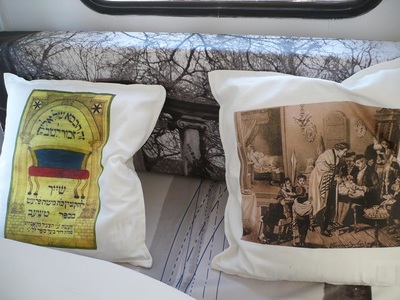
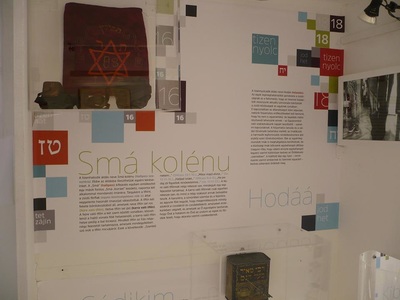
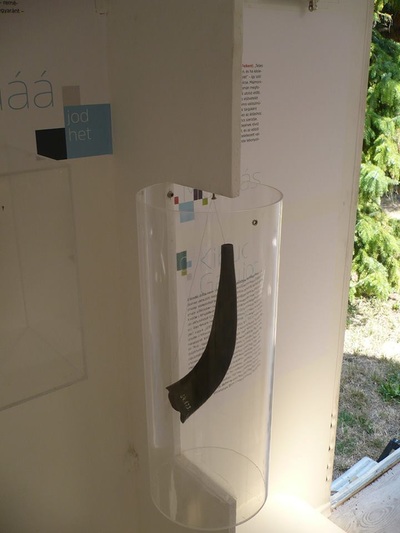

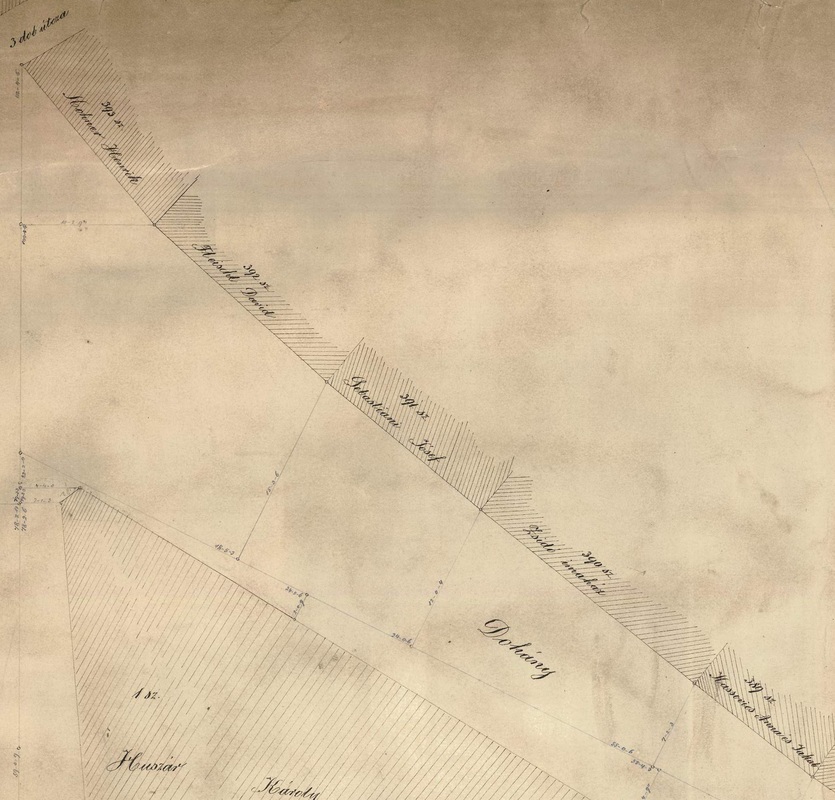
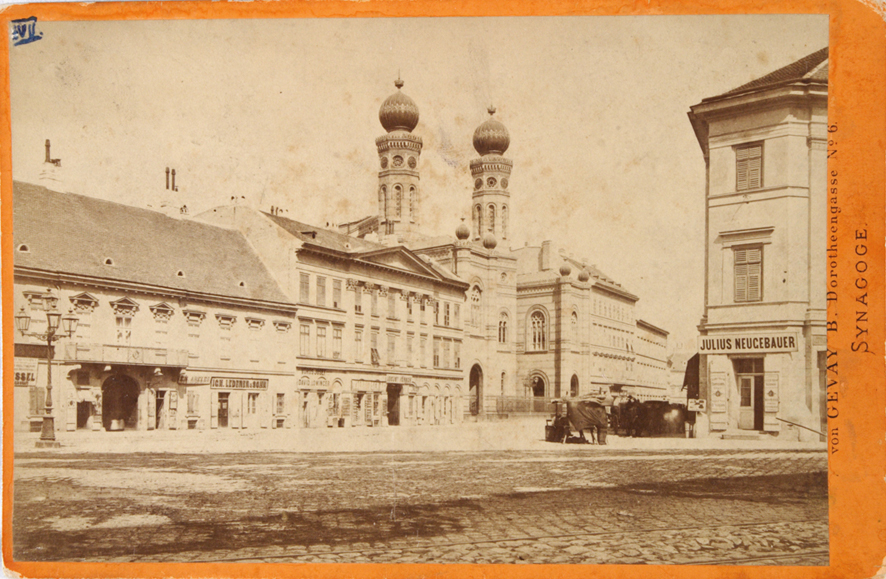

 RSS Feed
RSS Feed